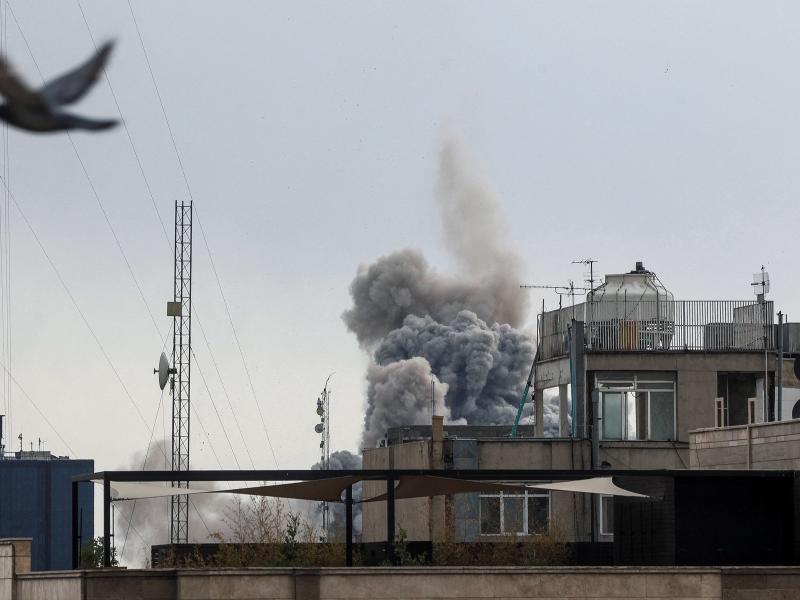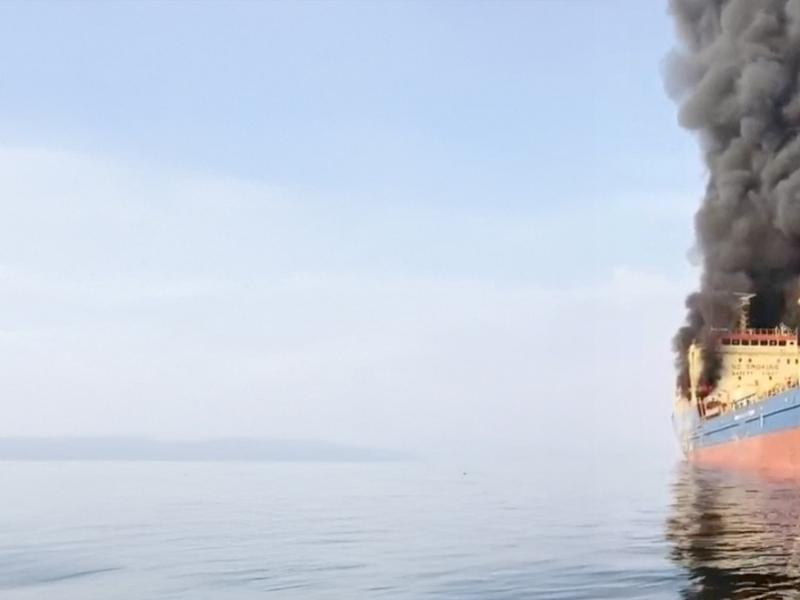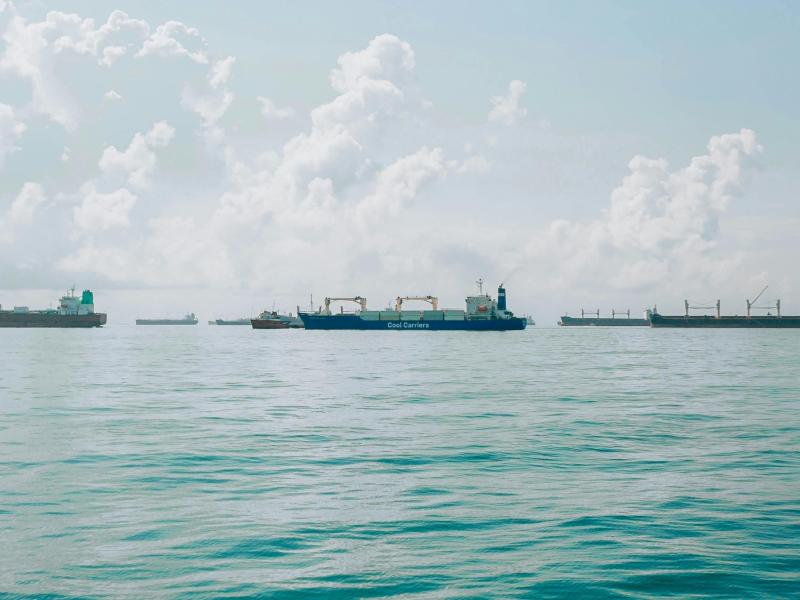The ITF Women’s Advocate Programme offers training to affiliate unions in Latin America in response to violence against women in the workplace and at home. It offers support to survivors of violence and works to change the conditions that canlead to violence and inequality against women.
This project (created by UNIFOR Canada and adopted by the ITF) is supported by Union to Union and is part of the global campaign for the ratification of ILO Convention 190– which calls for the elimination of violence and harassment in the world of work.
Unions in Costa Rica and Brazil have participated in this programme through workshops focused on helping women workers to recognise the kinds of violence and their causes, discuss the reality that women transport workers experience in relation to gender-based violence, and how women's advocacy is part of the solution to ending workplace violence within the transport industry.
ITF affiliate, SINTRAJAP (Sindicato de Trabajadores de JAPDEVA, Afines Portuarios) of Costa Rica, has worked under the guidelines of the programme and the union has been recognised by the National Women's Institute as providing support to women and the wider community in the province of Limón. The union also played an important role in the reinstatement of 50 workers who had been unfairly dismissed.
María Miranda, finance secretary of SINTRAJAP stated that thanks to the support of the ITF and Union to Union, they are supporting women to improve their quality of life and fighting against the constant labour violations by companies in the main ports of the country.
In Brazil, the Advocate Programme is very active, and several objectives are being accomplish thanks to the efforts of the unions involved. ITF affiliate SINDIMOC (Sindicato dos Motoristas e Cobradores de Ônibus de Curitiba e Região Metropolitana) are being invited by companies to hold workshops for men and women to recognise and fight against violence. The media is also spreading their demands. Vanusa Coelho Pereira, director of occupational health and safety, commented: "Thanks to the power of mobilisation that we have achieved with the alliance with other unions and organisations, we have greater visibility of our struggle and demands in the media. We (women) are not the problem; we are part of the solution in the evolution for a fairer world for women and men."
Rute Caires, from SINTTRANS (Sindicato dos Trabalhadores em Transportes Rodoviários de Sorocaba e Região) confirmed that thanks to the support of this programme the union managed to create a new job once the role of money collector (the vast majority of whom were women) had been cut on passenger buses. The cut generated a high rate of unemployment and economic dependence, encouraging domestic violence against women. "We know that most of the women workers are the sole economic breadwinners of their households, we fight so that these workers don’t depend economically on anyone and thus avoid the promotion of violence," Caires said.



